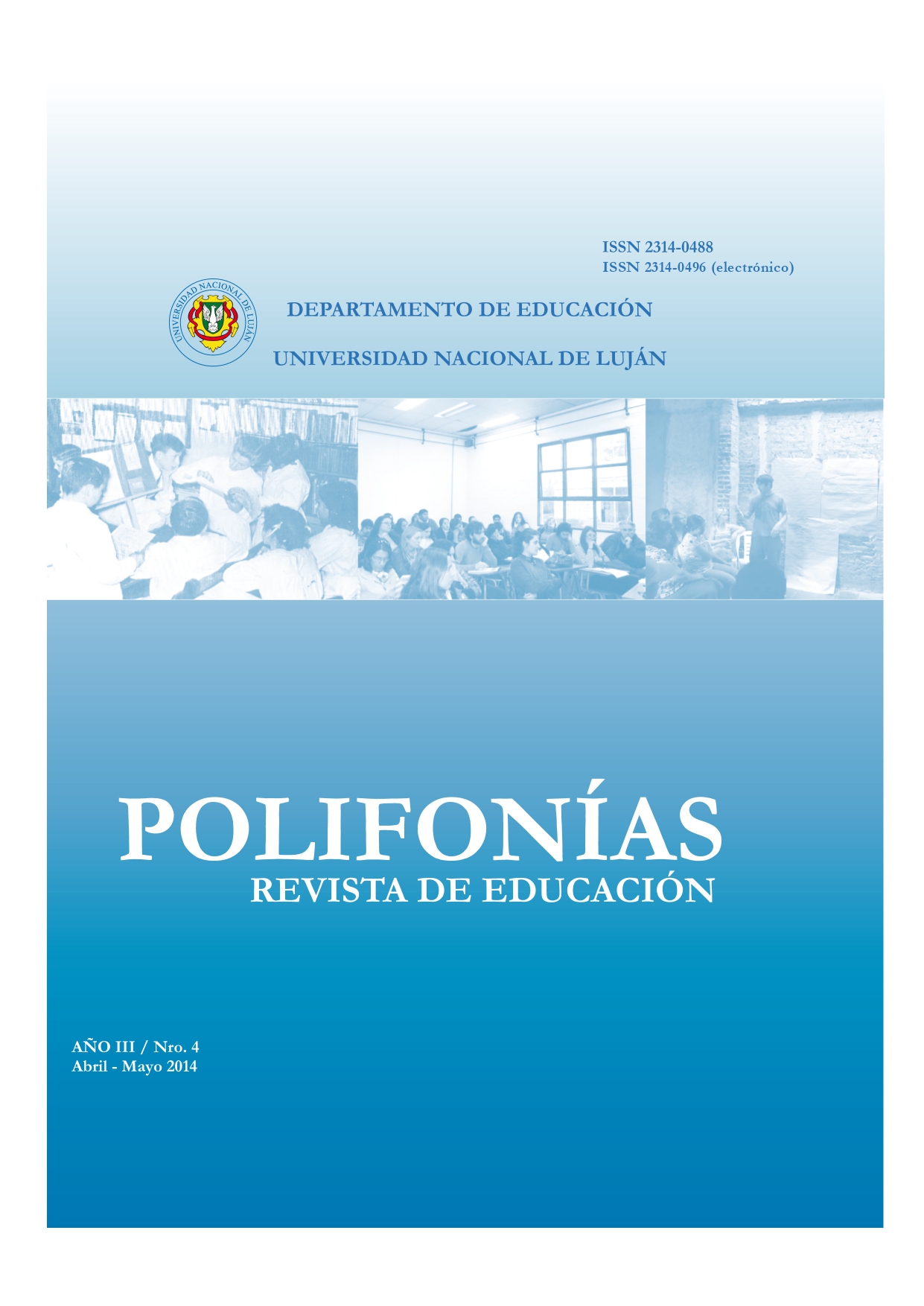¿Diversidad o Desigualdad?: Una política de identidades fragmentadas
Keywords:
políticas globales, transnacionalización del capital, multiculturalismo, clases sociales, EstadoAbstract
The article will address the cultural diversity theme, which is part of the current global agenda. The imposition of this new policy compels us to think about it from a critical approach; trying to unveil what lies behind human rights’ speech when taken in a fragmented manner, that is to say, taken from minority sectors -non articulated to each other. This article will try to bring to the forefront the construction of hegemony and the history of the configured identities within the frame of a dominance structure that assigns slots in order to secure its own reproduction. The formation of a hegemonic view requires a certain degree of consensus on the representations. However, on daily basis, those same representations are resisted and criticized. Thus, the concept of The Core of good sense of Antonio Gramsci for the general analysis that we propose, becomes specially relevant.
To conclude we will address the analysis of the nation State as axis that articulates identities, the respect towards diversity and the consensus based on standardization, in order to secure the reproduction of the capitalist system.
Downloads
References
FRESÁN, R. (1991) Historia Argentina; Buenos Aires; Planeta Biblioteca del Sur.
FRIDMAN, M. L. (2006) Sentido común, escuela y oficio de alumno, tesis Maestría en ciencias sociales con orientación en educación, Facultad Latinoamericana de Ciencias Sociales. Sede académica argentina.
FRIERA S. (18/10/2010) “Es más peligroso un pibe que piensa que un pibe que roba”, Diario Página 12, Buenos Aires.
GELMAN, J. (2008) Gotán; Buenos Aires; Seix barral. Biblioteca Juan Gelman.
GRAMSCI, A. (2009) Antología, Buenos Aires, Siglo Veintiuno Editores.
GRÜNER, E. (1998) “Introducción”. En JAMESON, F. y ZIZEK, S. Estudios Culturales. Reflexiones sobre el multiculturalismo; Buenos Aires; Paidós.
MC LAREN, P. (1998) Multiculturalismo revolucionario. Pedagogías de disensión para el nuevo milenio; México, Siglo Veintiuno editores.
MOCASE (2010) Vía Campesina. Memorias de los orígenes de la central campesina de Pinto, Santiago del Estero.
PÁGINA 12 (01/08/10) “Discípulo de Walsh”, Diario Página 12, Buenos Aires.
SEGATO, R. L. (2007) La Nación y sus Otros. Raza, etnicidad y diversidad religiosa en tiempos de políticas de la identidad; Buenos Aires; Prometeo libros.
SINISI, L. (1999) “La relación Nosotros-Otros en espacios escolares. “multiculturales”. Estigma, estereotipo y racialización”. En NEUFELD, M. R. y THISTED, J. A. (compiladoras) De eso no se habla. Los usos de la diversidad sociocultural en la escuela; Buenos Aires; Eudeba.
TAMARIT, J. (1997) Escuela y representación social; Luján; Publicación de la Universidad Nacional de Luján.
ZEMELMAN MERINO, H. (2000) La historia se hace desde la cotidianidad. México, Heinz Dieterich.
Published
How to Cite
Issue
Section
License
Copyright (c) 2025 Evangelina Rico

This work is licensed under a Creative Commons Attribution-NonCommercial 4.0 International License.
Esta licencia permite compartir y adaptar la obra de un autor, pero no pueden utilizarla con fines comerciales y deben dar crédito al autor por la creación original.













